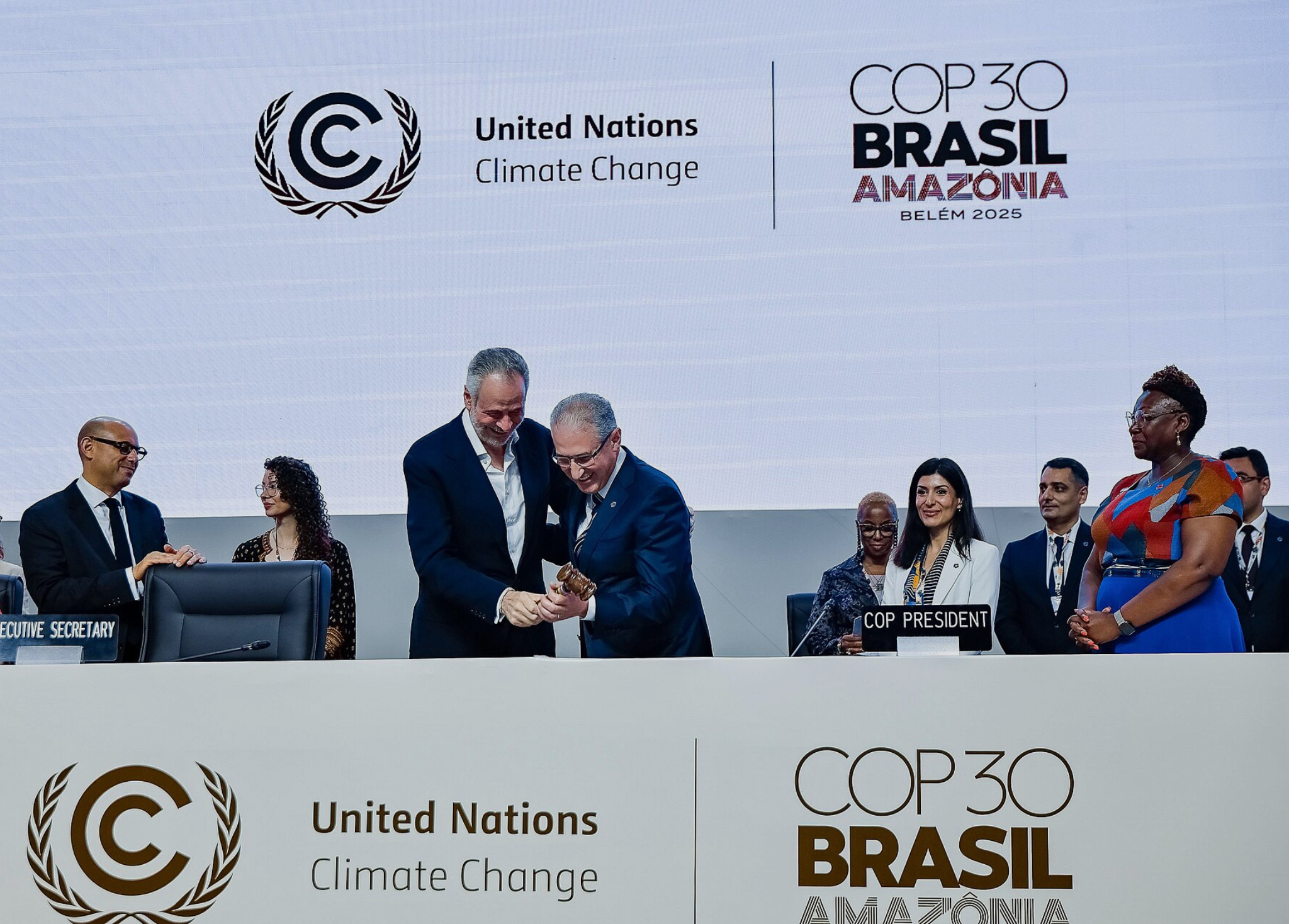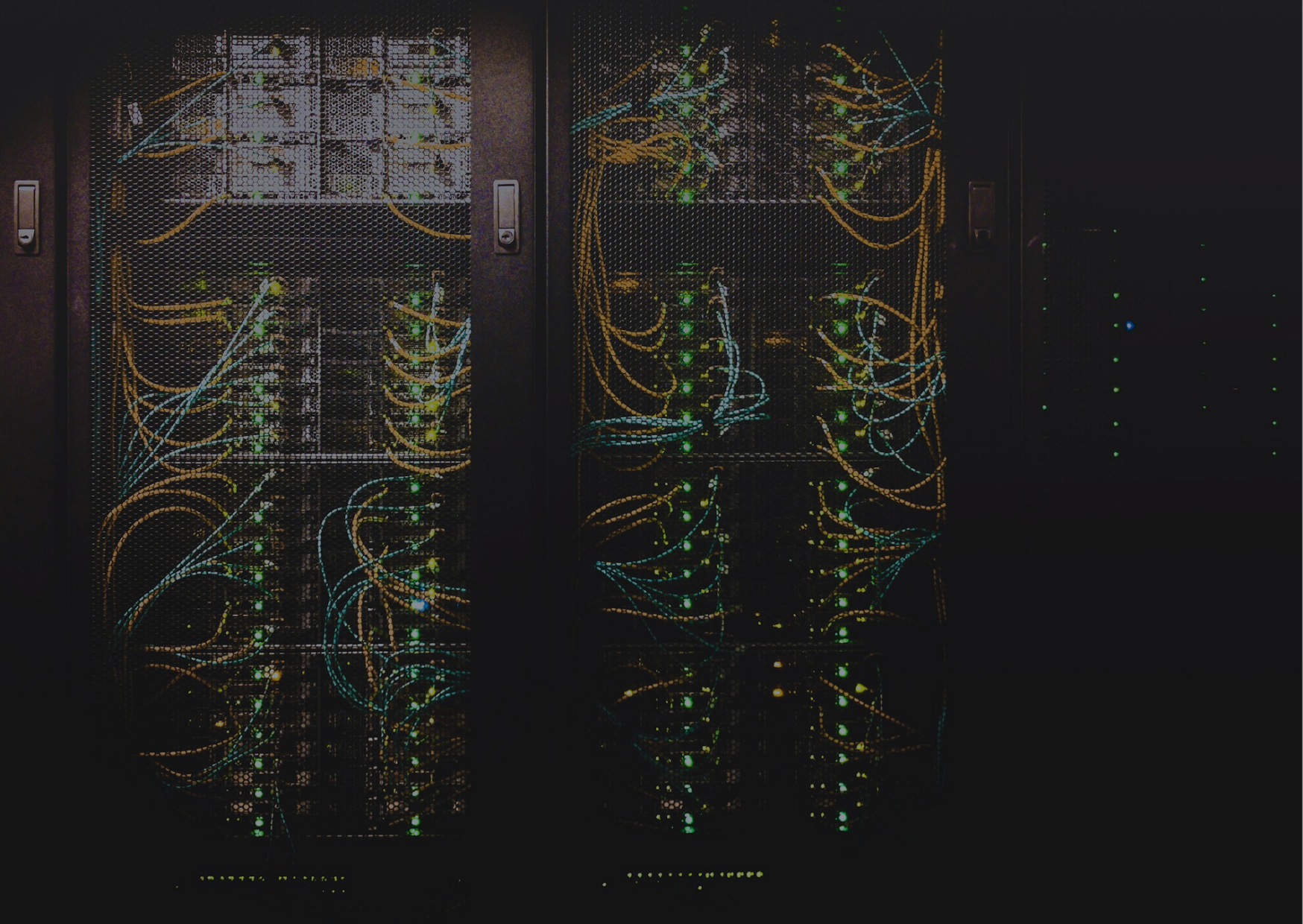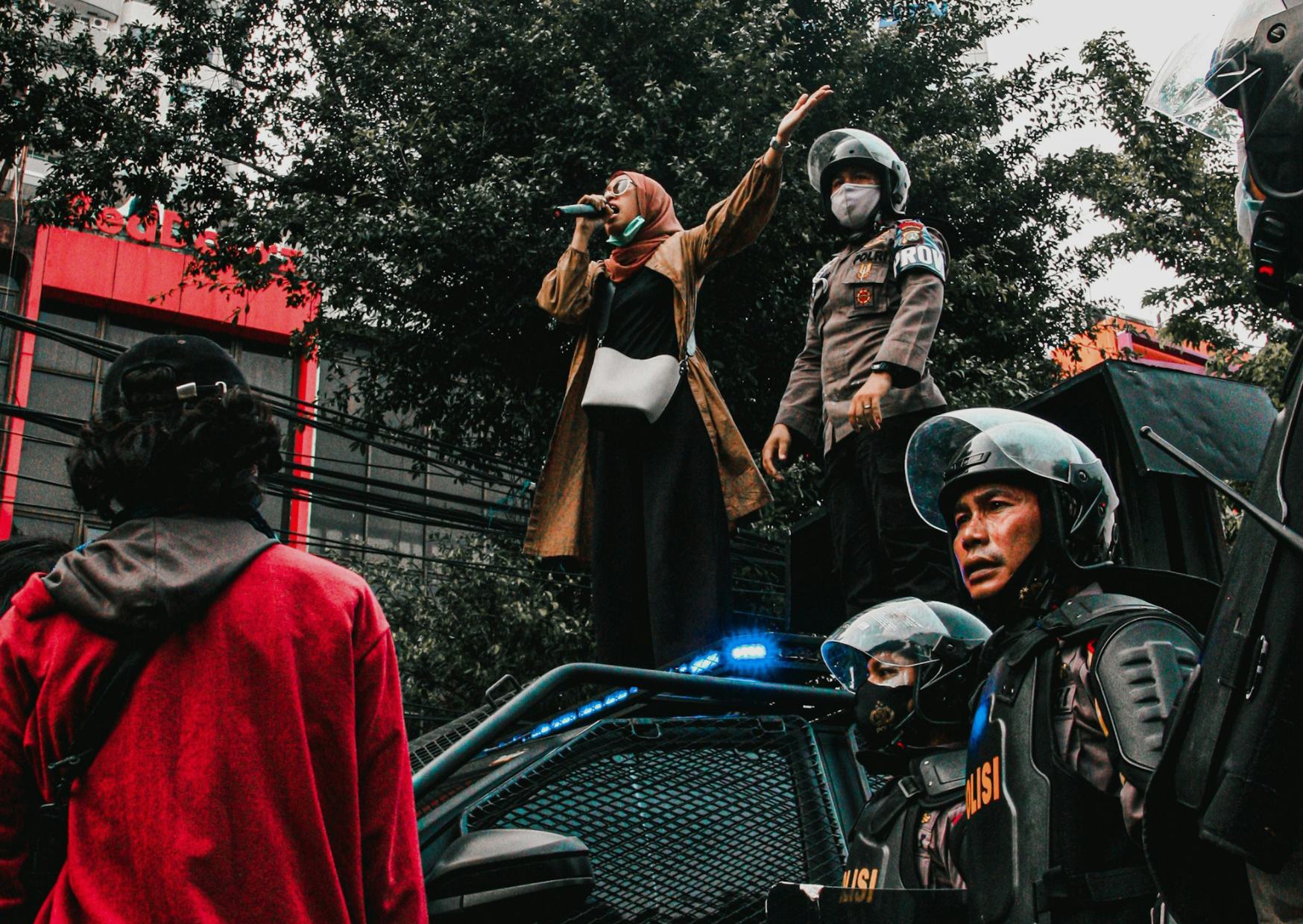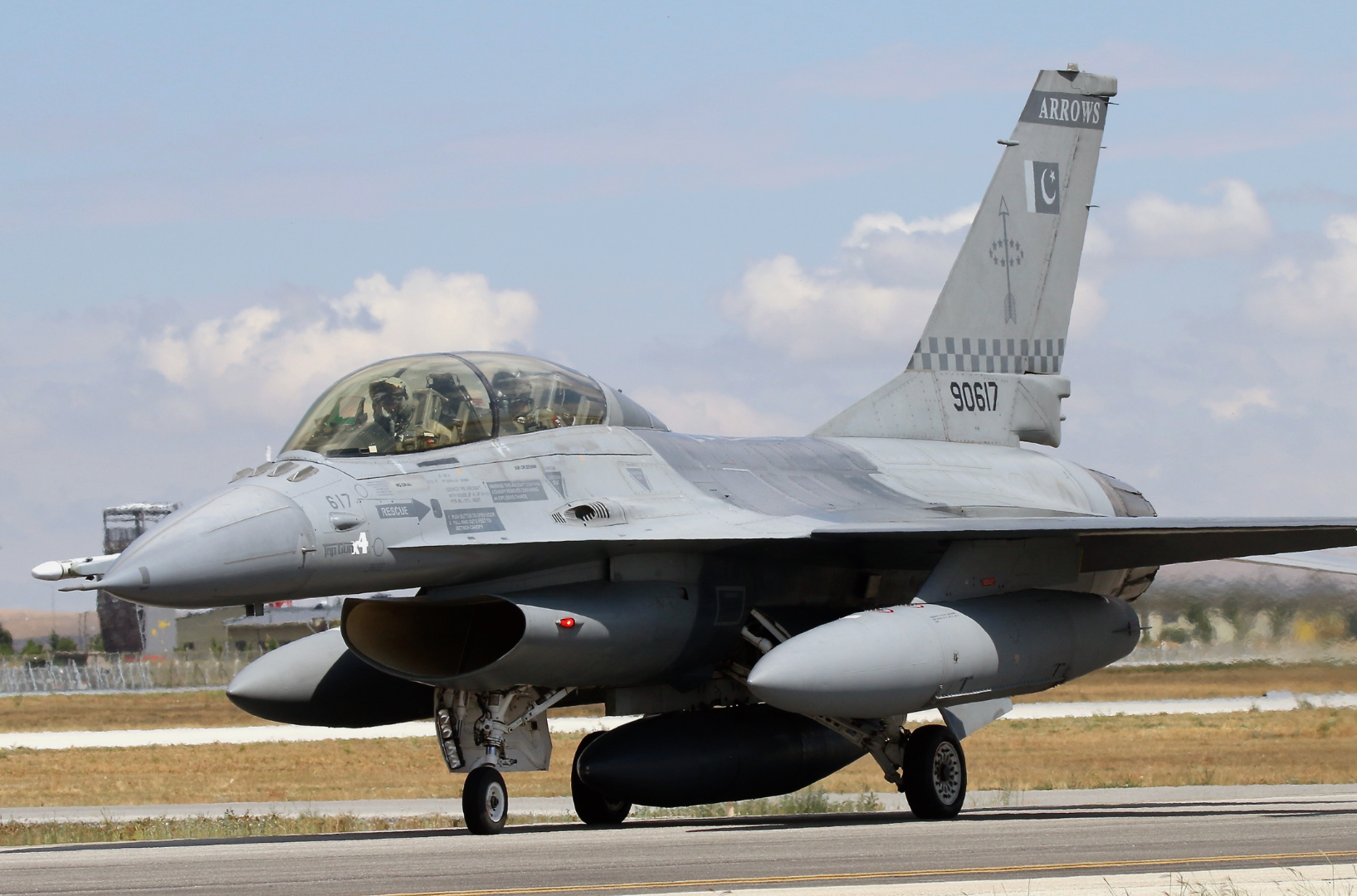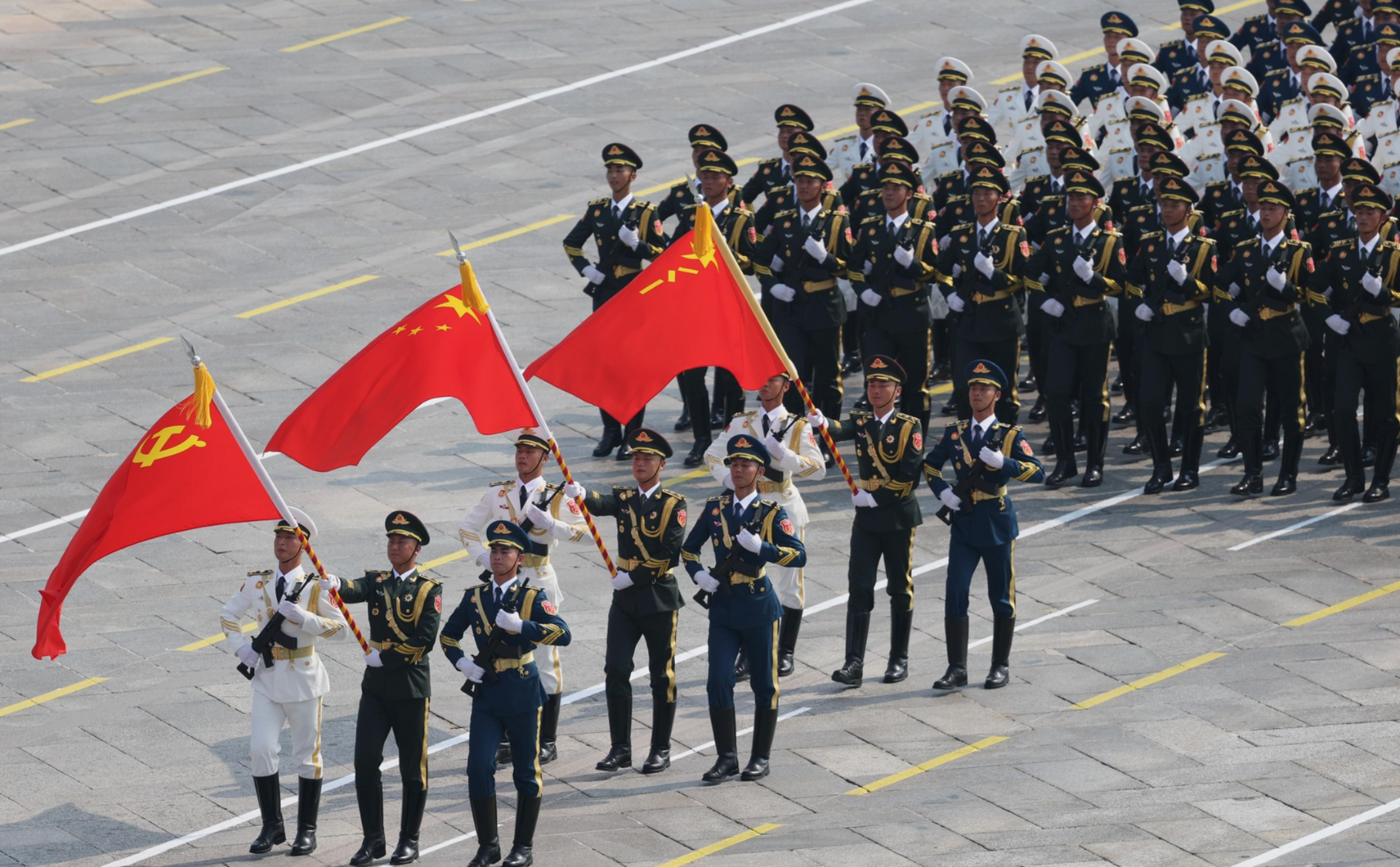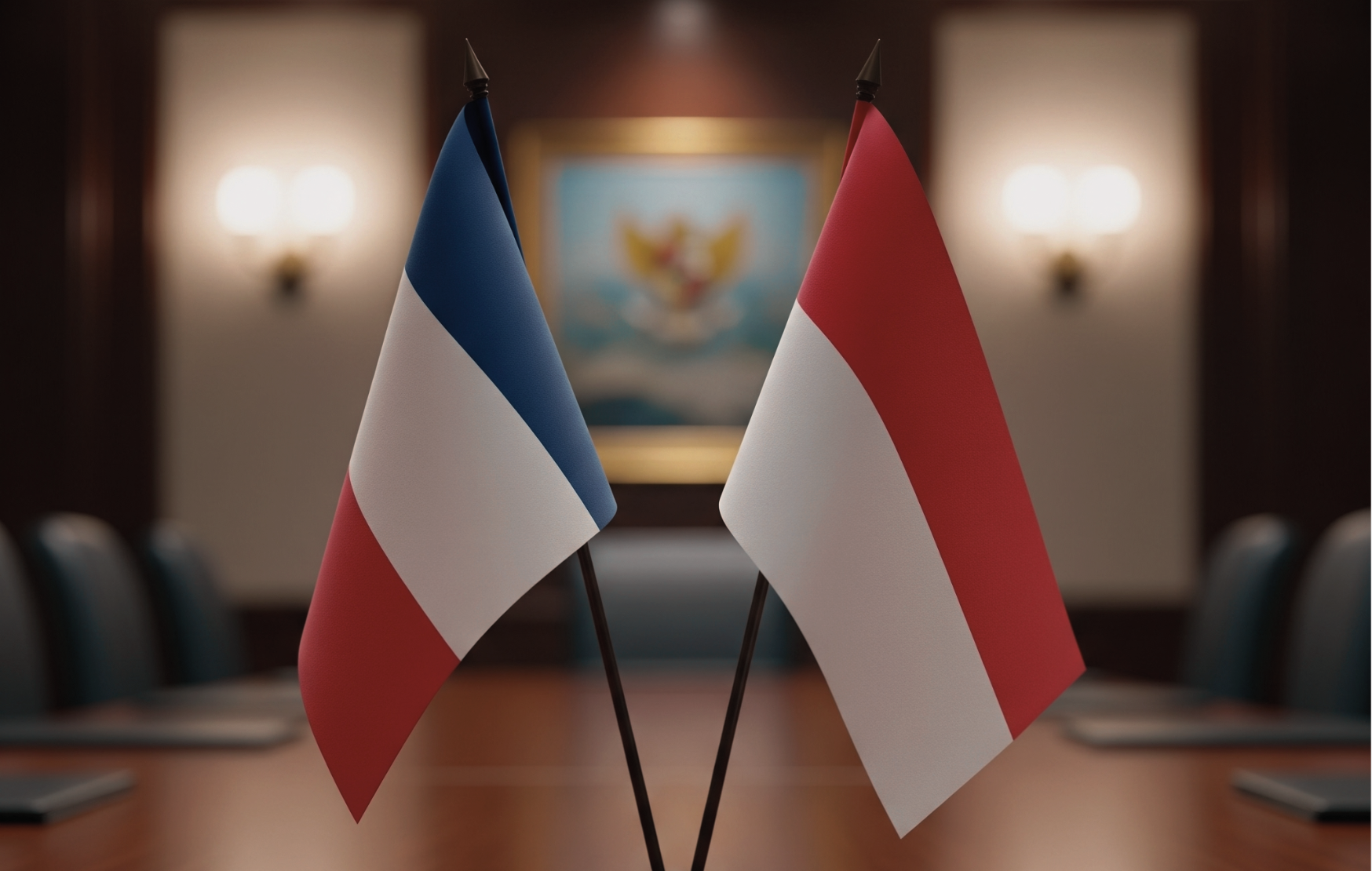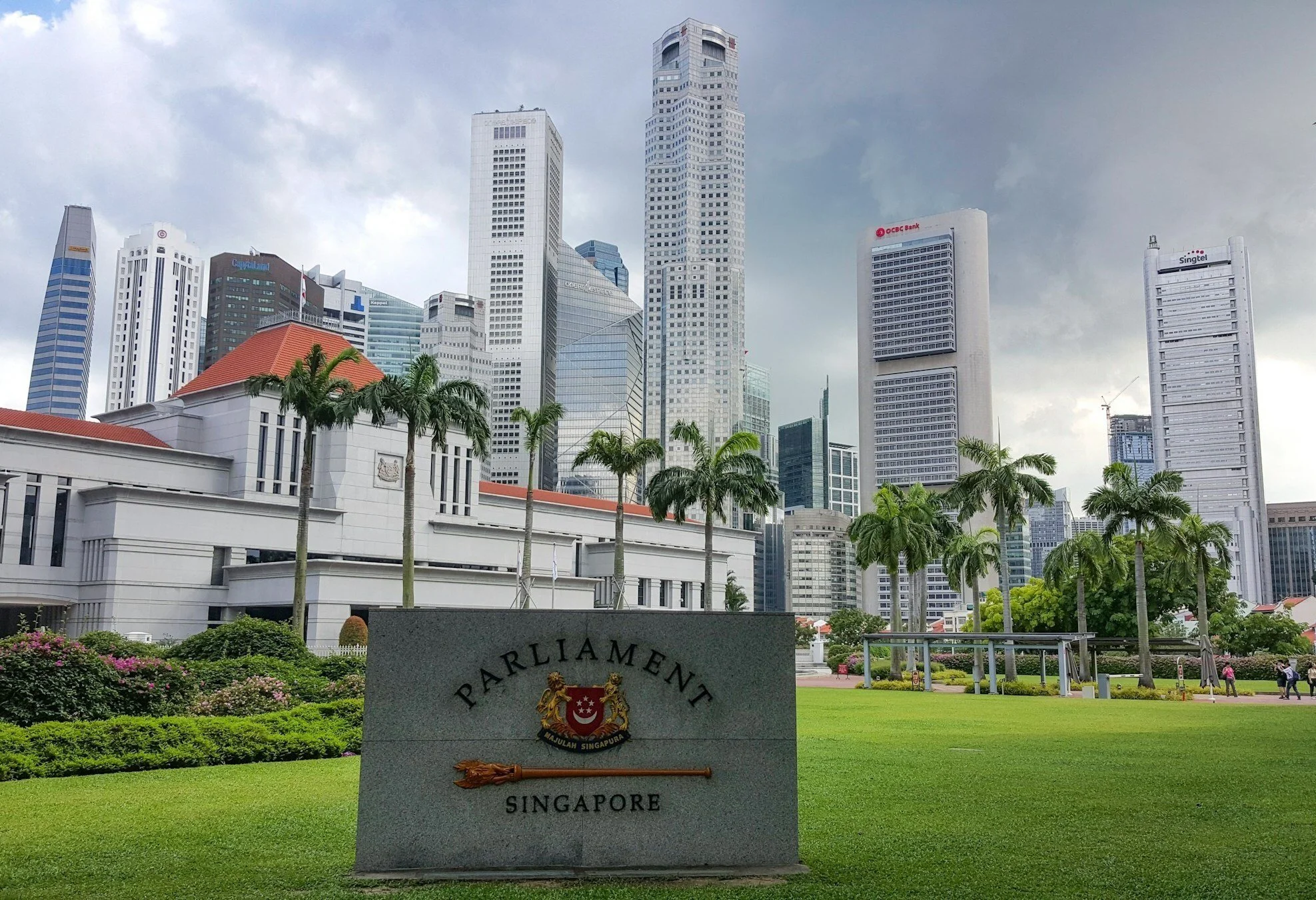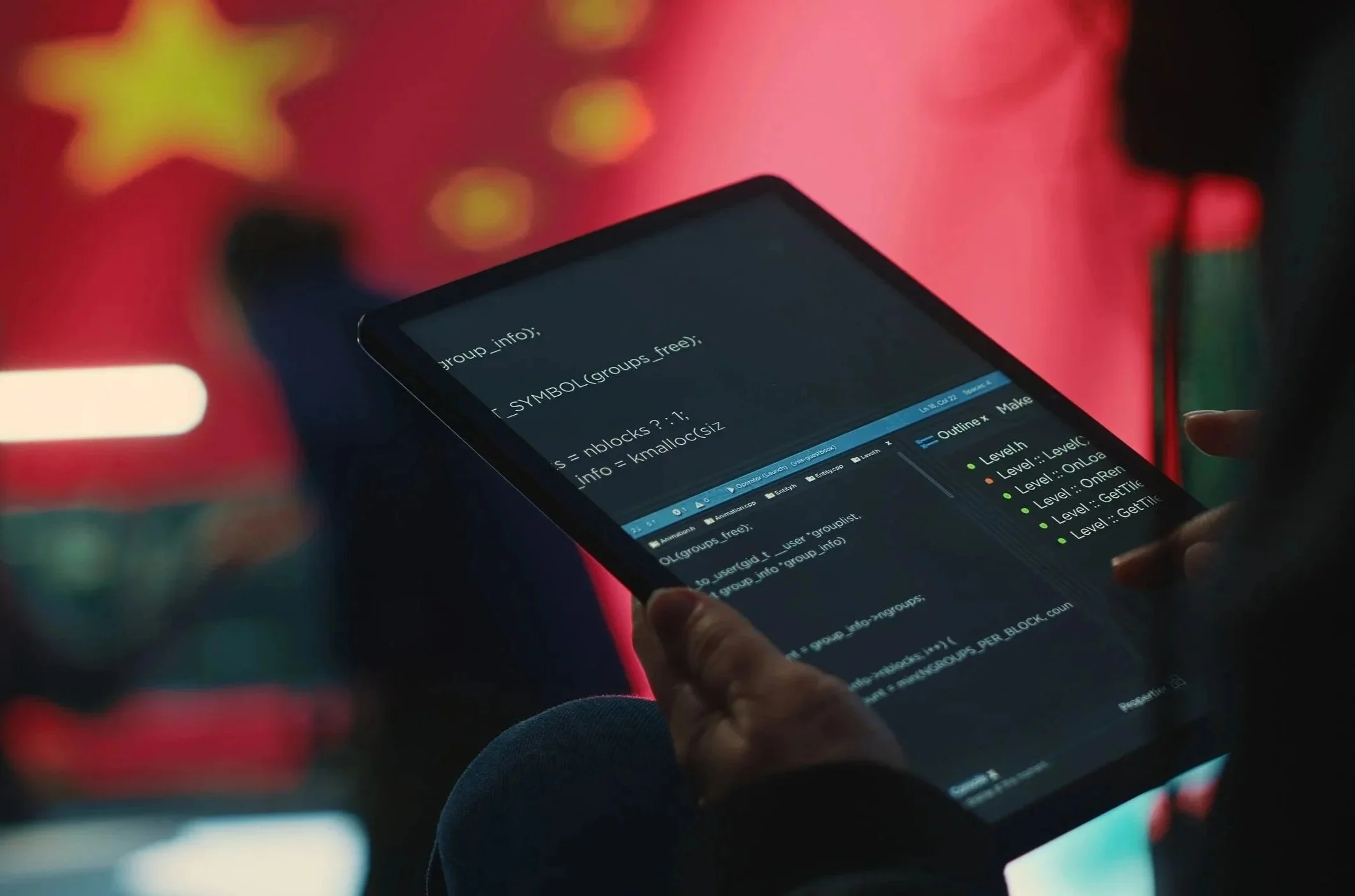THE LATEST
This month, Zsuzsa and Richard are joined by David MacSweeney to reflect on the year just past and assess the key political, economic, and strategic issues set to shape EU–ASEAN relations and the wider Indo-Pacific in 2026, including five priority areas to watch as regional and external actors navigate an increasingly complex strategic environment.
Subscribe now and never miss an episode.
Written by Luana Correia
Influence in climate diplomacy is becoming increasingly dispersed, as traditional agenda-setters fail to consolidate their authority, creating space for competing interests — and claims to leadership — to shape outcomes.
Written by Faye Simanjuntak
Malaysia’s National AI Roadmap reveals tension between its stated ambitions and the industrial reality taking shape. Although Malaysia has courted notable investments into AI datacentres, there is limited focus on cultivating the upstream capabilities that Malaysia identifies as central to its long-term competitiveness.
This month’s briefs examine an Indo-Pacific shaped by hybrid insecurity: as the United States retreats from development leadership, middle powers step in to fill the void, while escalating climate disasters are redefining resilience, influence, and regional power.
Join our briefing today and stay ahead of the curve.
Written by Stefania Benaglia
If the EU and India choose realism over rhetoric and build trust not only between governments but also among businesses, innovators, and people, the 2026 Summit could mark a genuine turning point — one where strategic clarity finally replaces political symbolism.
Written by Federica Cidale
While she broke a significant glass ceiling, her policy positions, from historical revisionism and expanded national security powers to restrictive immigration policies, reinforce existing conservative structures.
Written by Jia Yin Chen and Luc van de Goor
Crucially, countering cognitive warfare is not just about timely dissemination of factual counter-narratives. It must also build each citizen’s defences against disinformation — making them more skeptical of the information they receive and willing to actively verify it or debunk it.
Written by Emanuele Ballestracci
Italy cannot rival the hard-power presence of France or the UK, nor does it aspire to. Instead, it has constructed a pathway based on economic cooperation, private-sector activism, and steady institutional ties, which over time create the trust needed to expand into political and security spheres.

